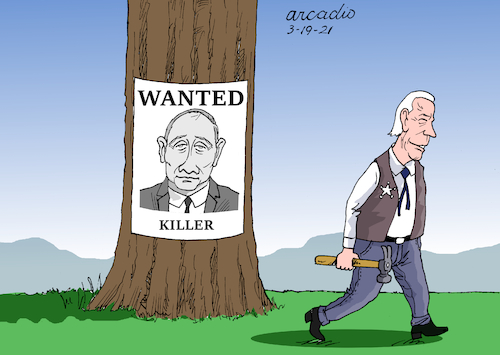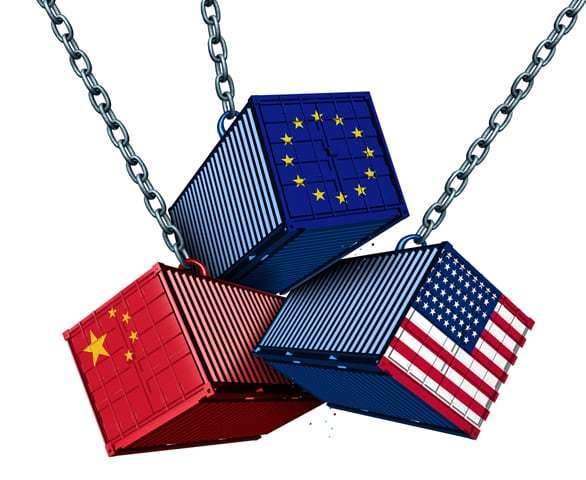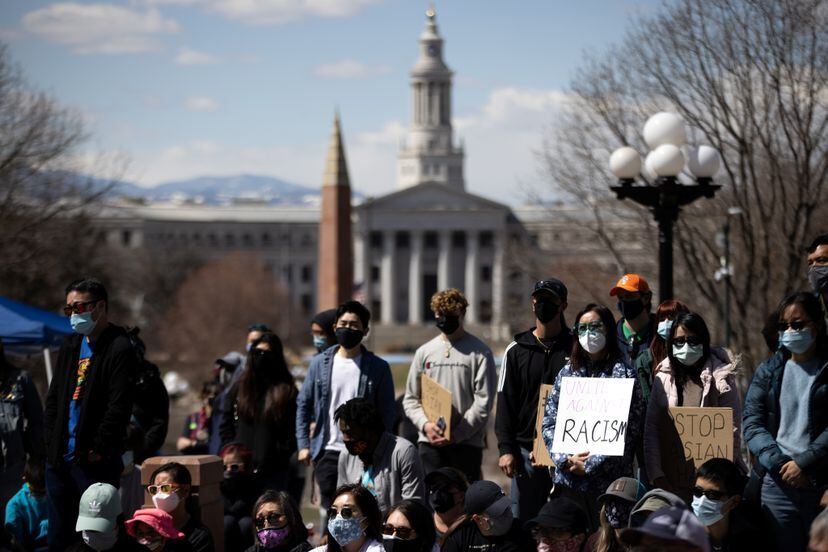
The Language of Greatness and Polarization
(Russia) on 17 March 2021
by Alexei Naumov (link to original)
U.S.-Russian relations have reached a new low. This time, the reasons are not in some systemic crisis pushing the two countries to the brink of a nuclear catastrophe, but in Joe Biden’s casual “I do,” which he said in response to the question of whether he thinks his Russian counterpart is a killer.
Russia’s reaction to this seemingly surprising statement was drastic. Moscow recalled Russian Ambassador Anatoly Antonov from Washington for emergency consultation, Russian officials are being judgmental and the state media have launched a full-scale war on the president of the United States. Yet, it is important to think about why Biden made such a statement, without denying its insulting and unethical character. It seems reasonable that when Biden blurted out his “I do,” he was not thinking about Vladimir Putin at all. His alleged dementia is also beside the point.
When Biden responded to the question, he was thinking about the United States, as any American president should do.
First, there is the so-called anti-Russia consensus in the U.S. political establishment, something Russian media call an “interparty consensus.” Second, there is the same consensus about the Russian leader. In 2017, when Donald Trump refused to call Putin a killer and elegantly evaded the answer, a scandal broke out in Washington, D.C. At the time, even Republicans criticized Trump profusely. Senate Minority Leader Mitch McConnell went as far as calling Putin “a thug.”
U.S. political circles have widely used similar names for the Russian leader for a long time; that is why there has not been a massive scandal in response to these accusations until now. While Russian media were busy labeling “evil Joe Biden,” and the Russian ambassador was packing his suitcase, the U.S. media sources' front pages (and, to be honest, the following ones) were silent about the scandal. The report of the National Intelligence Council on Russian meddling in the U.S. election attracted far more attention, again, not even because of Russia, but due to the fact that Trump’s cronies willingly consumed “Russian disinformation.” Thus, the enemy is within the country.
So, Biden’s “I do” was an expected answer to an expected question. His rationale was to unite the Democrats and the Republicans.
Biden needs this interparty unity. For example, he has to get the votes of 10 Republicans to fulfill one of his main campaign promises, to enact a $15 minimum wage law.
How does Biden achieve this goal? Given the unprecedented polarization between the parties, he has only two choices — either to criticize Russia or China. But attacking China might be dangerous — the trade war has already affected the U.S. economy negatively. Lambasting Russia and its president is easy and safe.
Furthermore, let us imagine what would have happened if Biden had refused to call Putin a killer. He would have been trapped. The interviewer would have immediately asked “What about Boris Nemtsov? The Skripals? Alexei Navalny?” Biden would have had nothing to say, and his opponents would have immediately called him out and blamed him for his weak stance toward Moscow. Why would Biden step into such a trap? So as not to upset Russia? Why would he care about that?
Also, there is a crucial characteristic of U.S. political discourse which one should not overlook: its arrogance and pompousness. One can pick any Biden speech (for example, the one dedicated to COVID-19) to see that. It will definitely have references to God, statements about the greatness of the American nation, its extraordinary history and magnificent achievements. All speeches by the U.S. president sound like sermons, telling us about brave deeds and abominable crimes, victories and failures, heroes and villains. The American political sphere found its villain a long time ago, and there is no space for diplomatic decorum in it.


